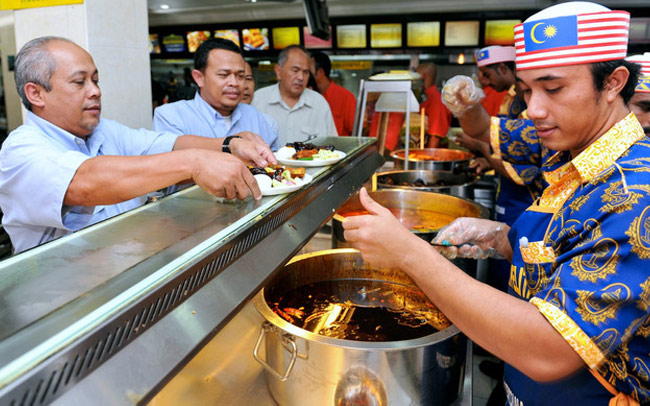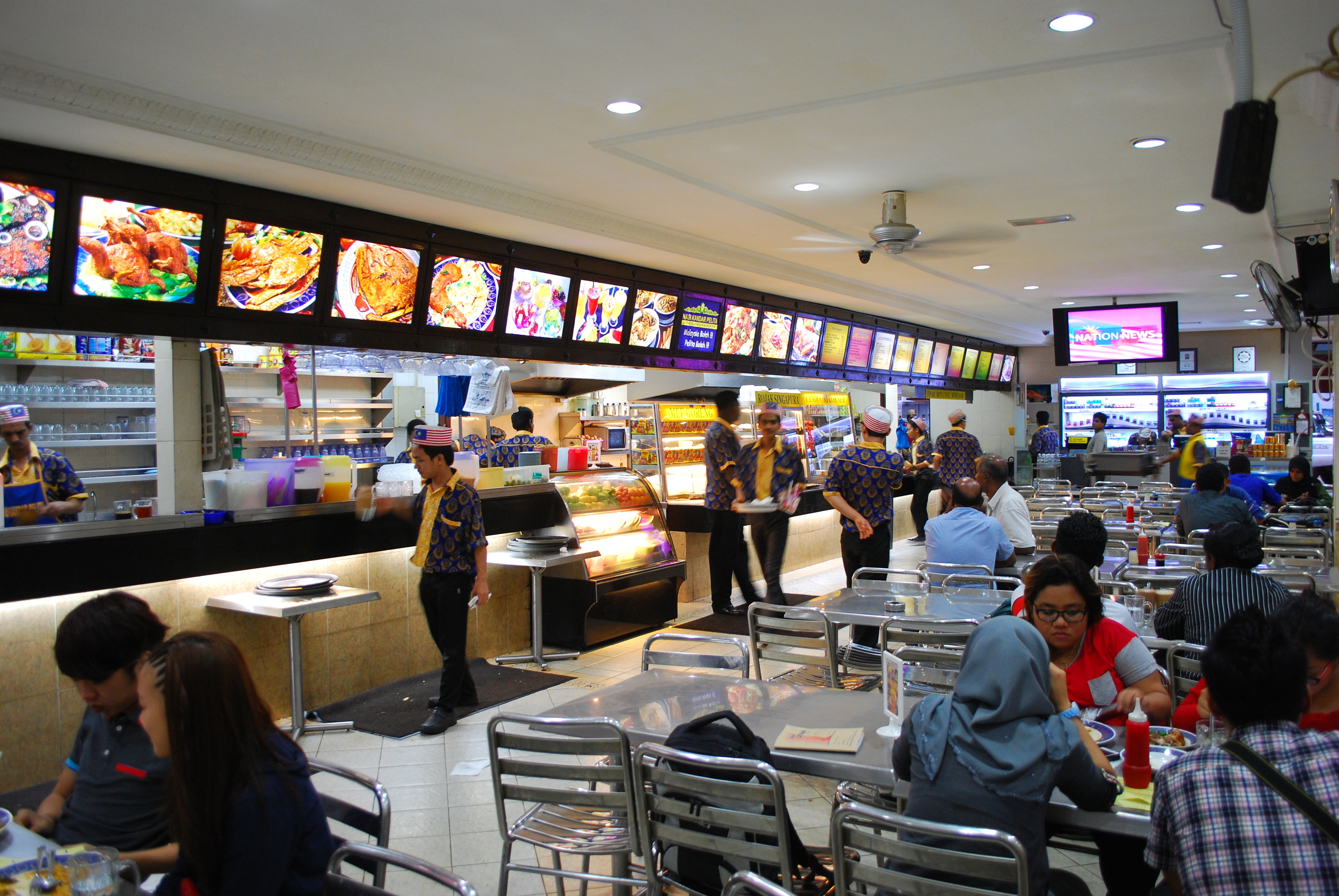Foreign Labour Crunch Is Forcing Many Malaysian Eateries To Close Shop
Thousands of eateries have already shut down in 2017 because of the labour shortage.
Due to the enforcement of tougher rules on hiring immigrants, thousands of Malaysian eateries closed shop last year
According to the Straits Times, a trio of associations representing 20,000 restaurant owners across the country submitted a memorandum to the government requesting a solution to the labour shortage last week.
The Malaysia-Singapore Coffee Shop Proprietors General Association (MSCP) revealed that some 2,000 Chinese coffee shops and 400 Indian-Muslim and banana leaf restaurants rolled down their shutters for good in 2017.Industry players revealed to the newspaper that many more will be forced to close this year unless the government intervenes to find a solution to the labour shortage.
Restauranteurs revealed that their problems began in 2016, when the Malaysian government imposed a temporary freeze on hiring foreign workers
The ban has since been lifted, but the process of obtaining work permits has become more stringent and time-consuming.
According to Malaysian law, restaurants are only allowed to hire foreign workers as cooks, not as servers or cashiers.
Malaysian Indian Restaurant Owners Association (Primas) president T. Muthusamy revealed that, "It's not just cooks we're running short of, we don't have enough waiters."
On their dependence on foreign labour, employers admitted that it stems from the fact that too few Malaysians are willing to work the long hours required of such jobs
"There are times when the restaurant is doing well and requires workers to stay an extra two hours. The locals refuse but foreign workers are willing," said Malaysia-Singapore Coffee Shop Proprietors General Association president Ho Su Mong.
Additionally, hiring local staff at higher wages would also mean that Malaysians will have to stomach paying more for their food.
"Mamaks sell cheap food. If we get locals as front-liners, it'll greatly increase the food cost," Muthusamy told The Straits Times.
In the meantime, some desperate business owners have taken the risk and resorted to hiring illegal foreign workers to fill the shortage
"It's not that we don't want to be law-abiding citizens but we've got no choice," one restaurant owner told the Straits Times.
"We have to find ways to keep the business running."
Investing in automated or self-service systems is an alternative, but restaurateurs say they need time to adapt to changes
"Ordering machines like the ones seen in Japan is an option," said Ho.
However, he explained that, "It would take at least half a decade to reduce our dependency on foreign workers."


